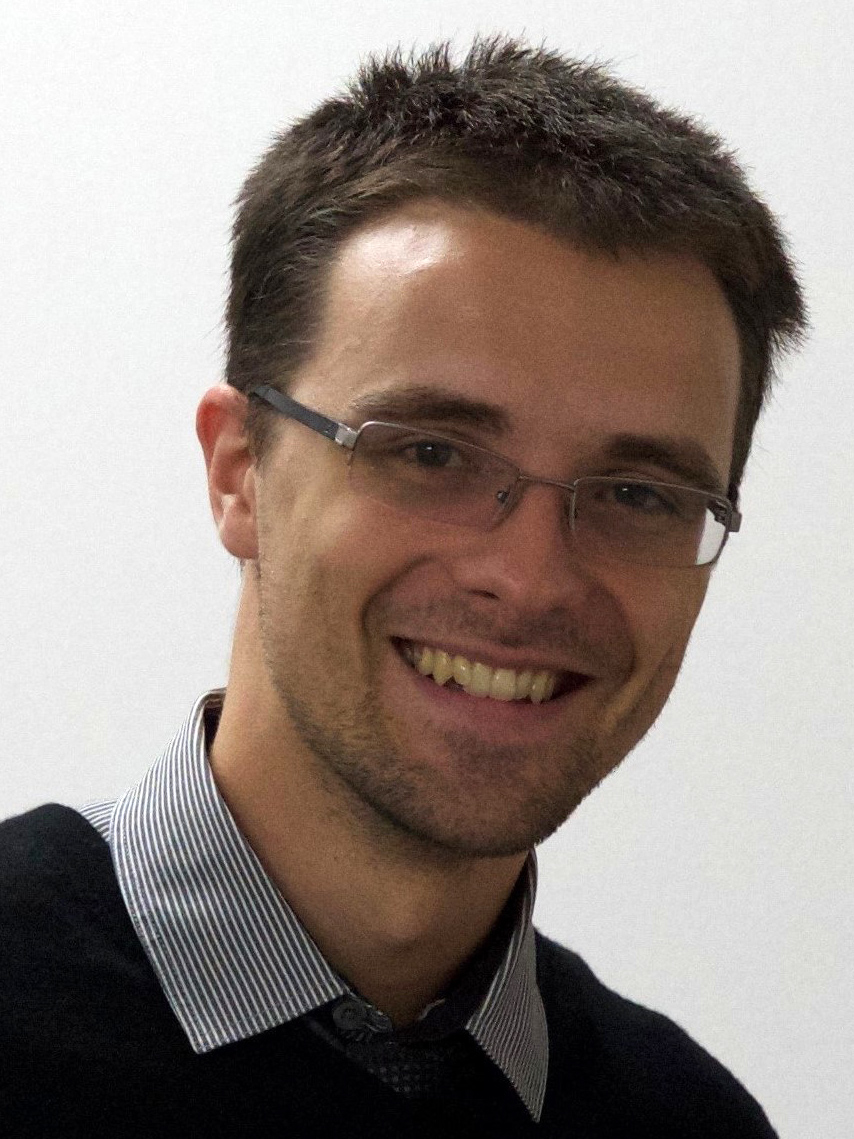
Fellows (10)
Candidate selected: Vasco Gonçalves
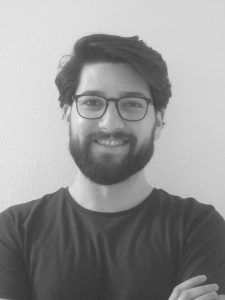
Vasco Gonçalves studied cellular and molecular biology at the Universidade Nova de Lisboa and specialized his skill set on biopharmaceutical sciences with a master degree from Faculdade de Farmacia – Universidade de Lisboa. Having worked on antibody development, Vasco recognizes the importance of biomolecule design and, since 2017 is working on novel CAR formats with enhanced signaling and tumor recognition properties as a PhD student at the Hudecek Lab – Wurzburg.
Candidate selected: Lea Knežević
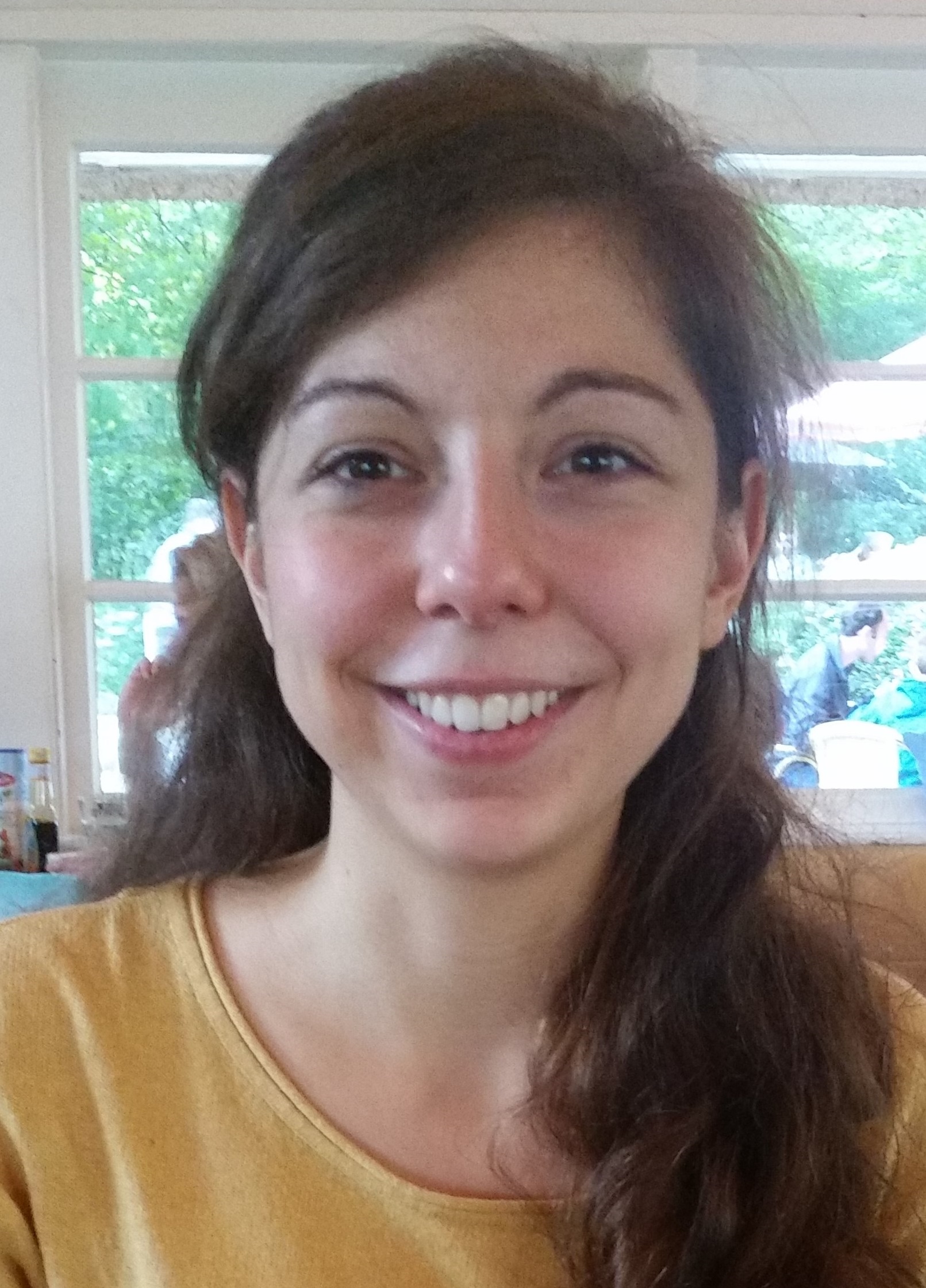
Lea Knezevic was born in Zagreb, Croatia, where she graduated from secondary school with the International Baccalaureate diploma. She then obtained her bachelor’s degree at University College Utrecht, The Netherlands, and subsequently obtained a master’s degree in Biomedical Sciences from University of Utrecht. During the master’s degree, she first worked on a short project related to molecular determinants of depression, at the Laboratory of Molecular Neuropsychiatry at Ruder Boskovic Institute in Zagreb. Afterwards, she performed a 10-month internship at University Medical Centre in Utrecht, where she worked on generating AML-specific T cells for use in combinational therapy with dendritic cell vaccines. Before starting the PhD in Bristol, she finished a 6-month project in lymphatic and blood microvasculature engineering at Ludwig Boltzmann Institute in Vienna. Currently, as a part of the ENACTI2NG network, she is undertaking a PhD research project at University of Bristol in CD8 T cell engineering.
Candidate selected: Ashwathi P Menon
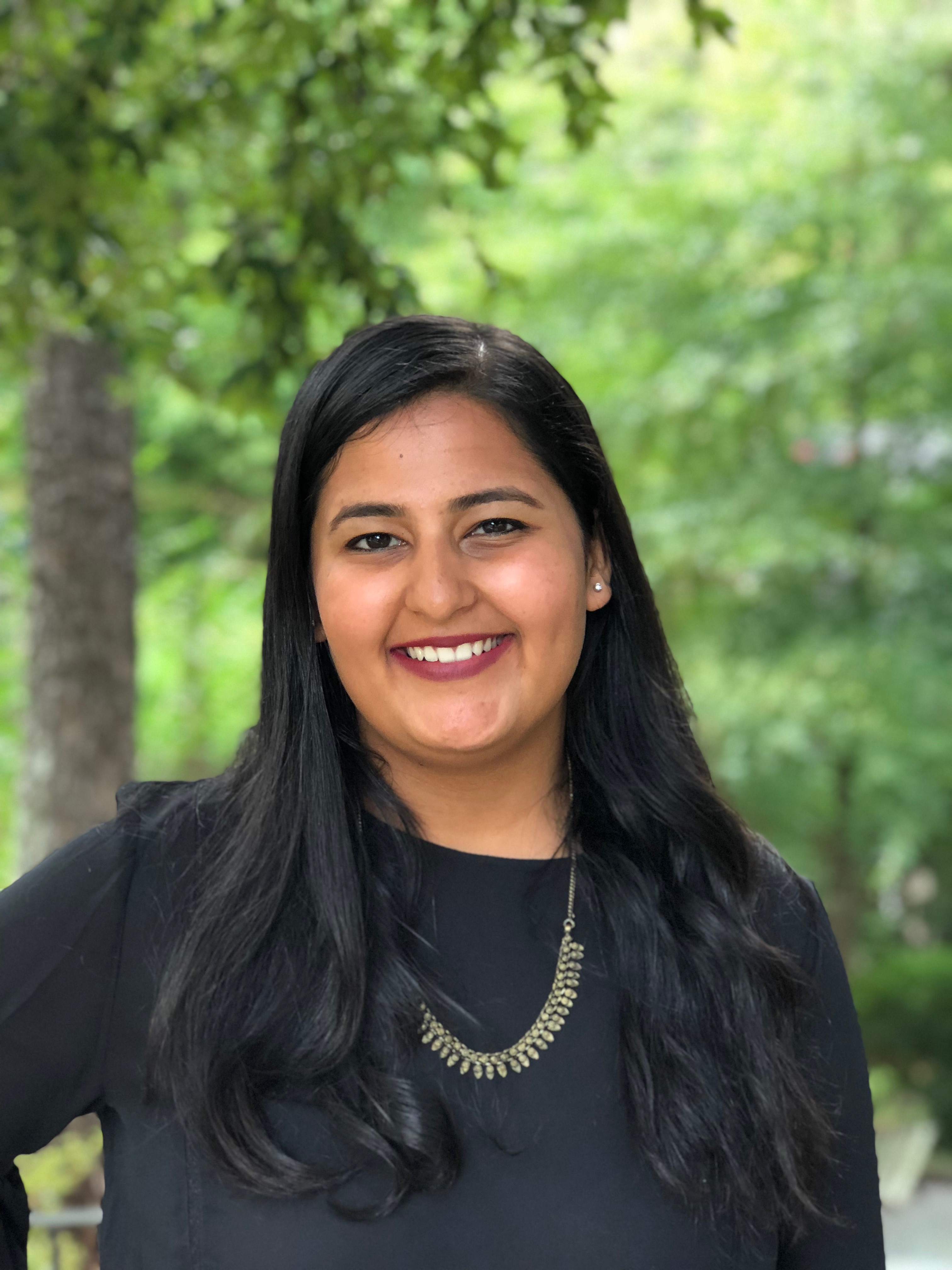
Ashwathi was born in India, and spent her formative years living across various cities around the world, before graduating from the American School of Las Palmas, Canary Islands, Spain.
Candidate selected: Christoph Trenzinger
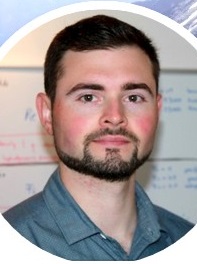
Christoph Trenzinger was born in Austria and started his academic career at the Swiss Federal Institute of Technology (ETH Zurich) in 2012. After two years at the department of Chemistry and Applied Biosciences in Zurich, he switched to the department of Biosystems Science and Engineering in Basel, where he continued with his studies in Biotechnology and obtained his MSc degree in February 2017. During his studies and throughout his master’s thesis, Christoph developed a strong interest in microfluidic devices, driven by the variety of applications that can be addressed with them, may it be for basic biological research or for in vitro diagnostics. For his master’s thesis he developed a microfluidic device for 3D culture of bone marrow cells in the lab of Prof. Timm Schroeder and gained experience in designing, producing and operating microfluidic chips. After finishing his MSc, Christoph stayed for another 6 months in this lab, before he started his PhD at STRATEC Consumables, a leading OEM supplier of smart polymer-based consumables, based in Salzburg (Austria). Christoph got accepted as an early stage researcher (ESR) in the EN-ACTI2NG European Training Network program and is currently enrolled at the Vienna Technical University (TUW, Prof. Gerhard Schütz). During his PhD he develops a microscopy compatible microfluidic device for trapping and manipulation of individual T-cells. Since 2012, Christoph enjoys volunteering as a Paramedic at the Austrian Red Cross, at which he also conducted his civil service. Hiking, skiing and diving belong to his favorite hobbies.
Candidate selected: Lukáš Veľas
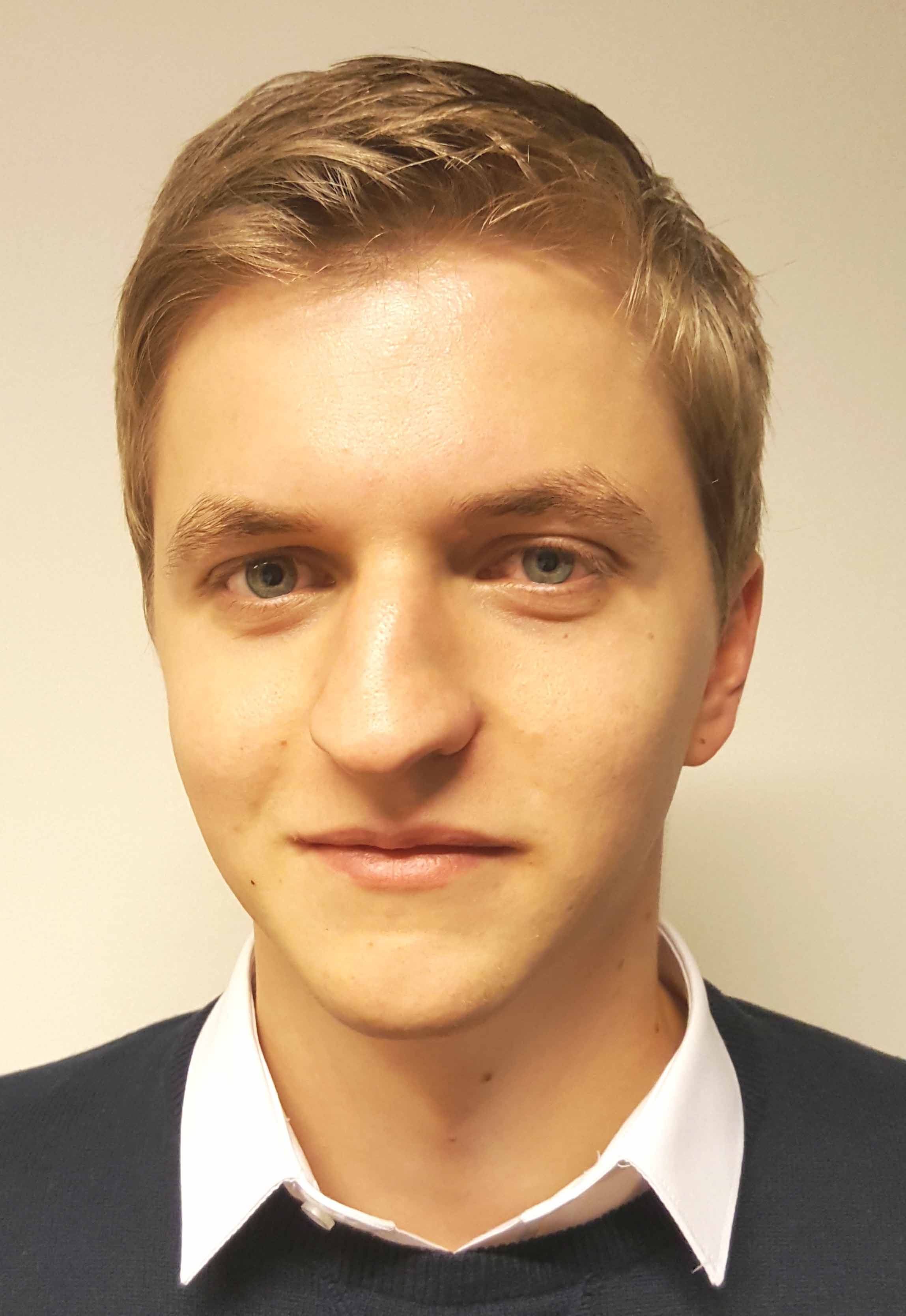 Lukáš has commenced his studies in Physics at Charles University in Prague in 2012. During three years long bachelors program he received good foundations in all the main disciplines of physics as well as mathematics and programming. Furthermore, he has gained practical experience in biophysical laboratories during student project and bachelor thesis.
Lukáš has commenced his studies in Physics at Charles University in Prague in 2012. During three years long bachelors program he received good foundations in all the main disciplines of physics as well as mathematics and programming. Furthermore, he has gained practical experience in biophysical laboratories during student project and bachelor thesis.Candidate selected: Timo Peters
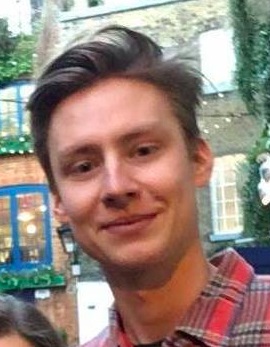
My name is Timo Peters, born and raised in Tilburg, the Netherlands. After finishing high school I moved to Utrecht to start a Bachelors in Biomedical Sciences at the University of Utrecht. Later I started a Masters in Biology of Disease at the same university. In the 2 years of my Masters I wrote my thesis at the NCI in Amsterdam and did my diploma at the Sir William Dunn School of Pathology in Oxford. Here I got acquainted with basic and translational research in T cell immunology. After being in contact with professor Johannes Huppa a couple of times I decided to start a PhD focussed on the molecular mechanisms of CAR-T cell cancer immunotherapy at the Medical University of Vienna.
Candidate selected: Tassilo Wachsmann
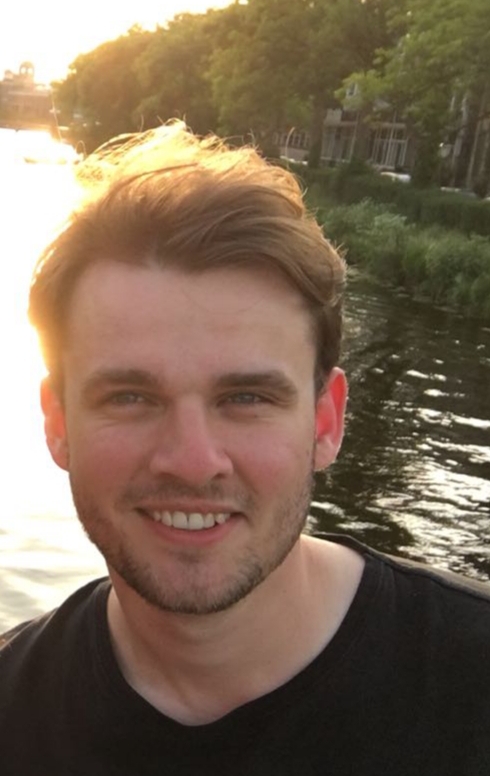
Candidate selected: Jordan Hartley
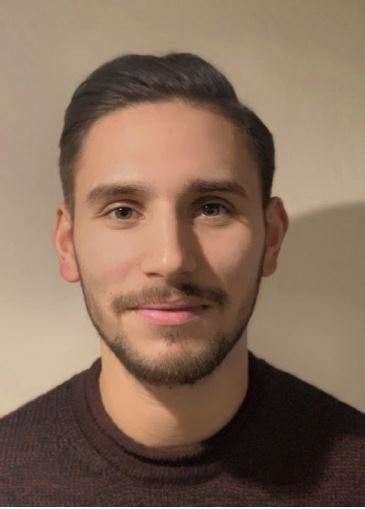 My academic career began at the University of Hull in the UK, where I studied a Bachelor’s of Science in Marine Biology. Throughout my BSc I began to develop a molecular therapeutic obsession, so much I was keen to broaden my knowledge and once graduated I enrolled as a Masters student in Biotechnology at the University of Salford, Manchester. My master’s studies provided me with an in depth knowledge in relation to the broad field of biotechnology. This created a snowball effect of interest to many therapeutic practices and more specifically immunology and immunotherapy.
My academic career began at the University of Hull in the UK, where I studied a Bachelor’s of Science in Marine Biology. Throughout my BSc I began to develop a molecular therapeutic obsession, so much I was keen to broaden my knowledge and once graduated I enrolled as a Masters student in Biotechnology at the University of Salford, Manchester. My master’s studies provided me with an in depth knowledge in relation to the broad field of biotechnology. This created a snowball effect of interest to many therapeutic practices and more specifically immunology and immunotherapy. After the completion of my MSc and having spent a total of 9 months with Immetacyte. Ltd where I had the chance to learn various techniques Dr. John Bridgeman forwarded me a great opportunity which then shaped my intent to continue my academic career and earn my PhD in Regensburg, Germany.
I am extremely proud to say I am a PhD student for Prof. Dr. Hinrich Abken at the RCI, Regensburg Centrum Fur Interventionelle Immunogie, within the University of Regensburg. Where I have the opportunity to enhance my knowledge, skills and practices along with contribution towards the European Network on Anti-Cancer Immuno-Therapy Improvement by modification of CAR and TCR Interactions and Nanoscale Geometry (EN-ACTI2NG).
Candidate selected: Rubí Misol-Ha Velasco Cárdenas
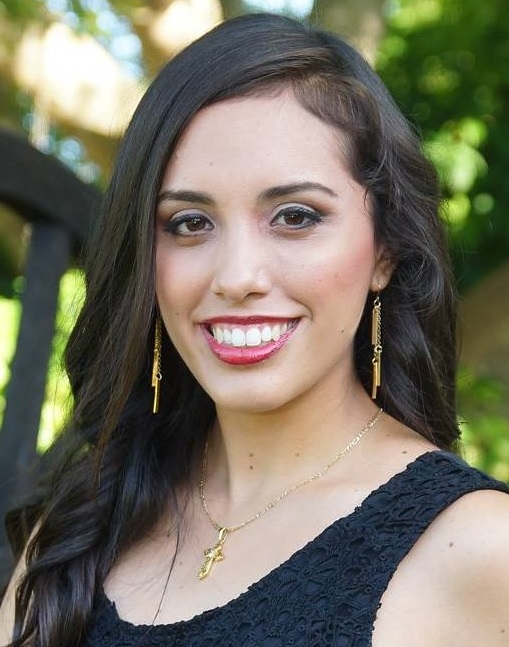
Rubí Misol-Há Velasco Cárdenas is a PhD student at the University Freiburg in Germany. After doing her bachelor’s degree in Mexico as Chemical Pharmaceutical Biologist, she moved to England to study the Master of Science in Cancer Immunology and Biotechnology. Impressed for this field, she decided to continue her PhD as part of the European Network on Anti-Cancer Immuno-Therapy Improvement by modification of Chimeric Antigen Receptor and T Cell Receptor Interactions and Nanoscale Geometry (ENACTI2NG). She is introducing new domains in the CAR T cells which might rise their activation and proliferation. The main aim of her research is to increase the killing ability of the CAR T cells towards cancer cells. Additionally, Misol is part of Acutún a group of Latin-American folkloric dancers which perform around Germany.
Candidate selected: Ivaylo Balabanov
